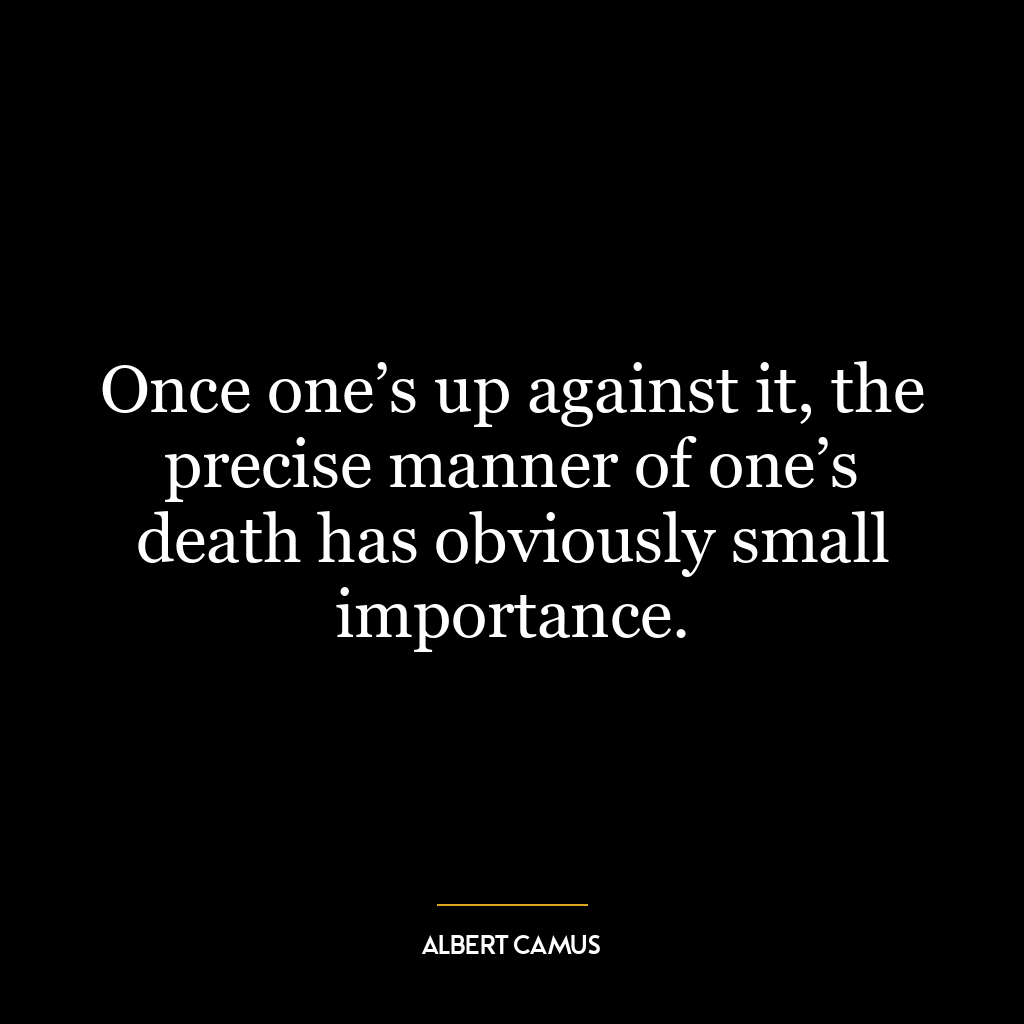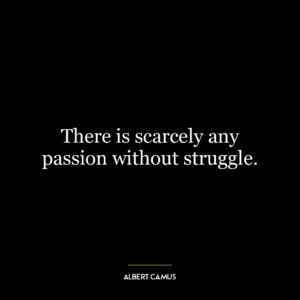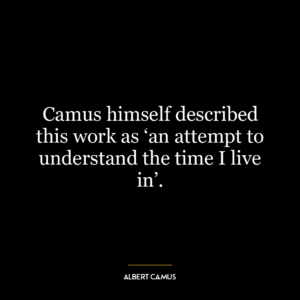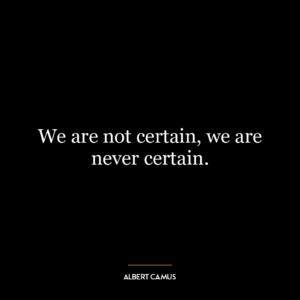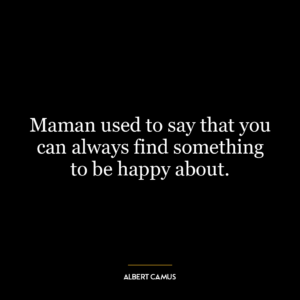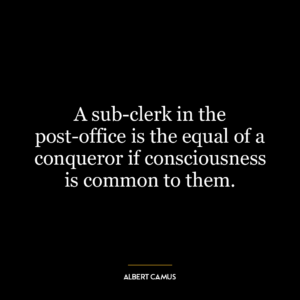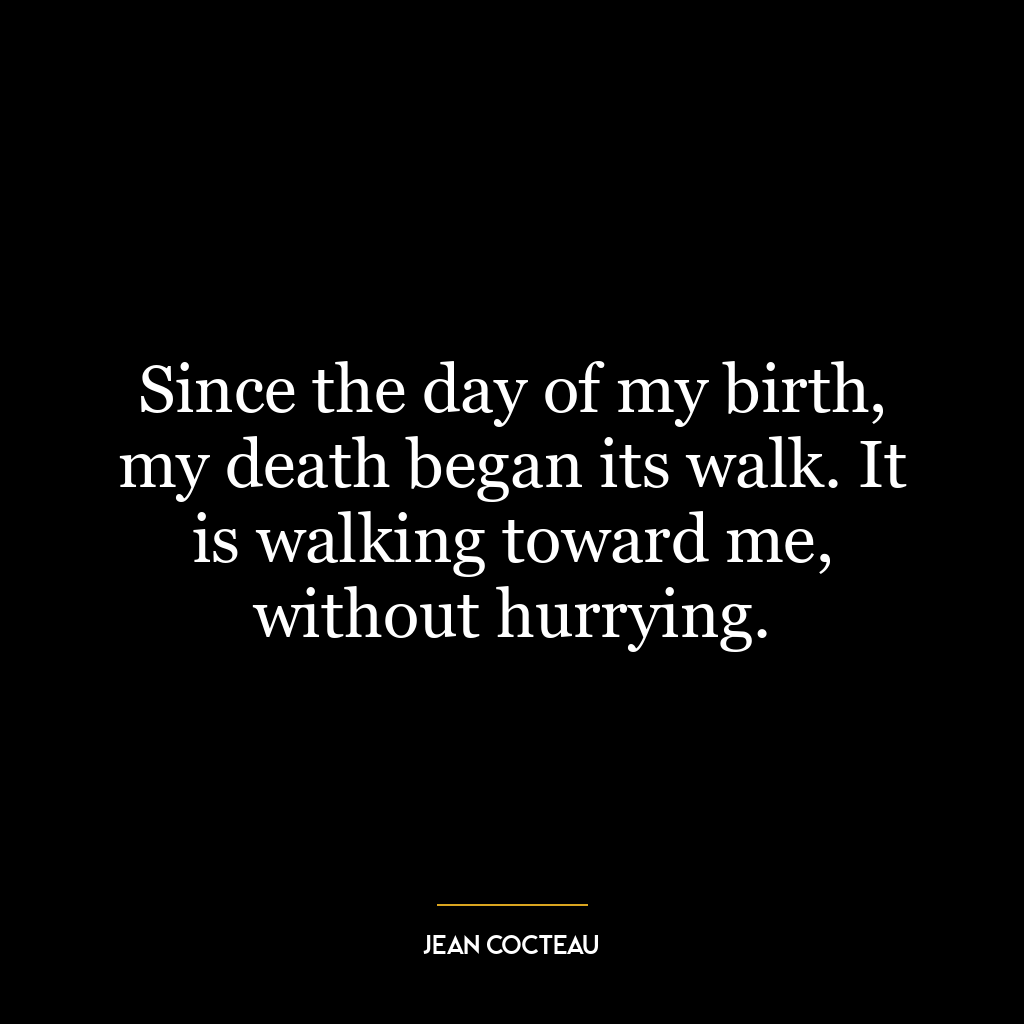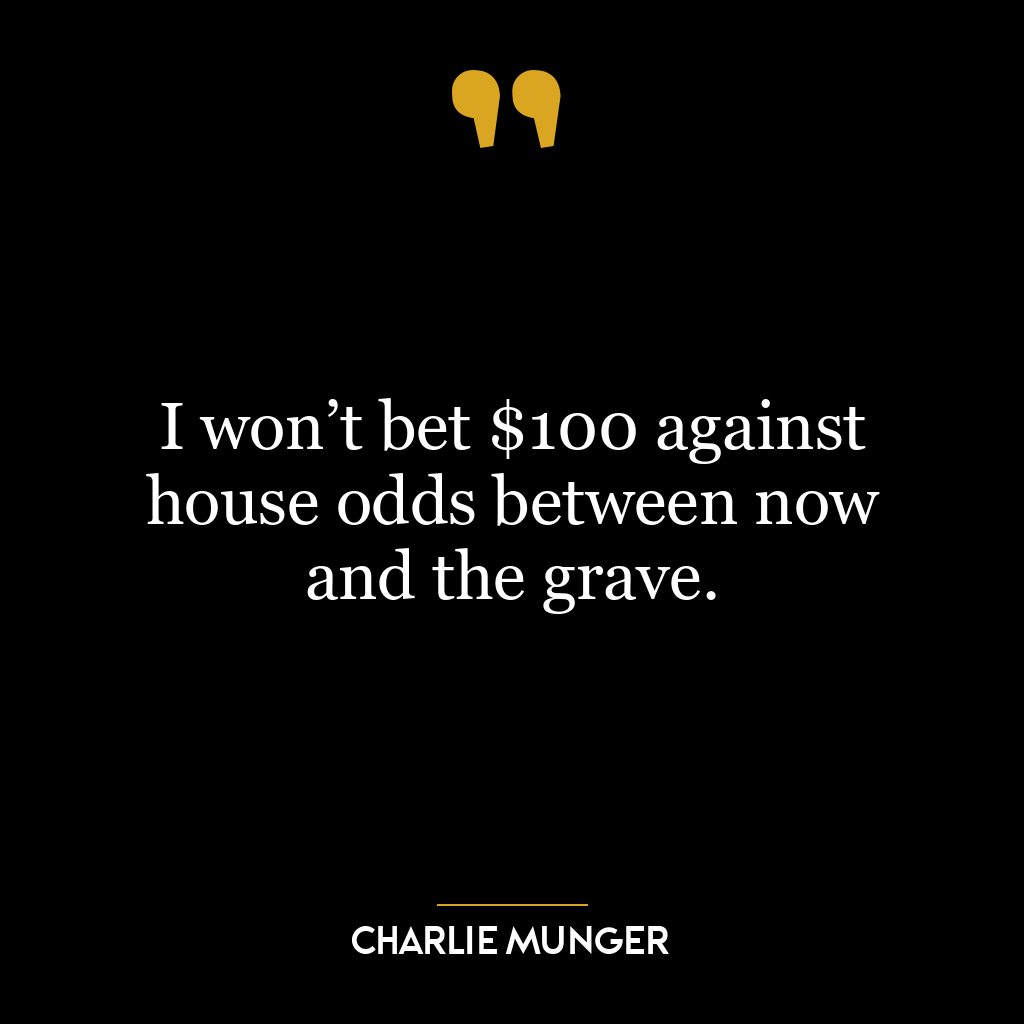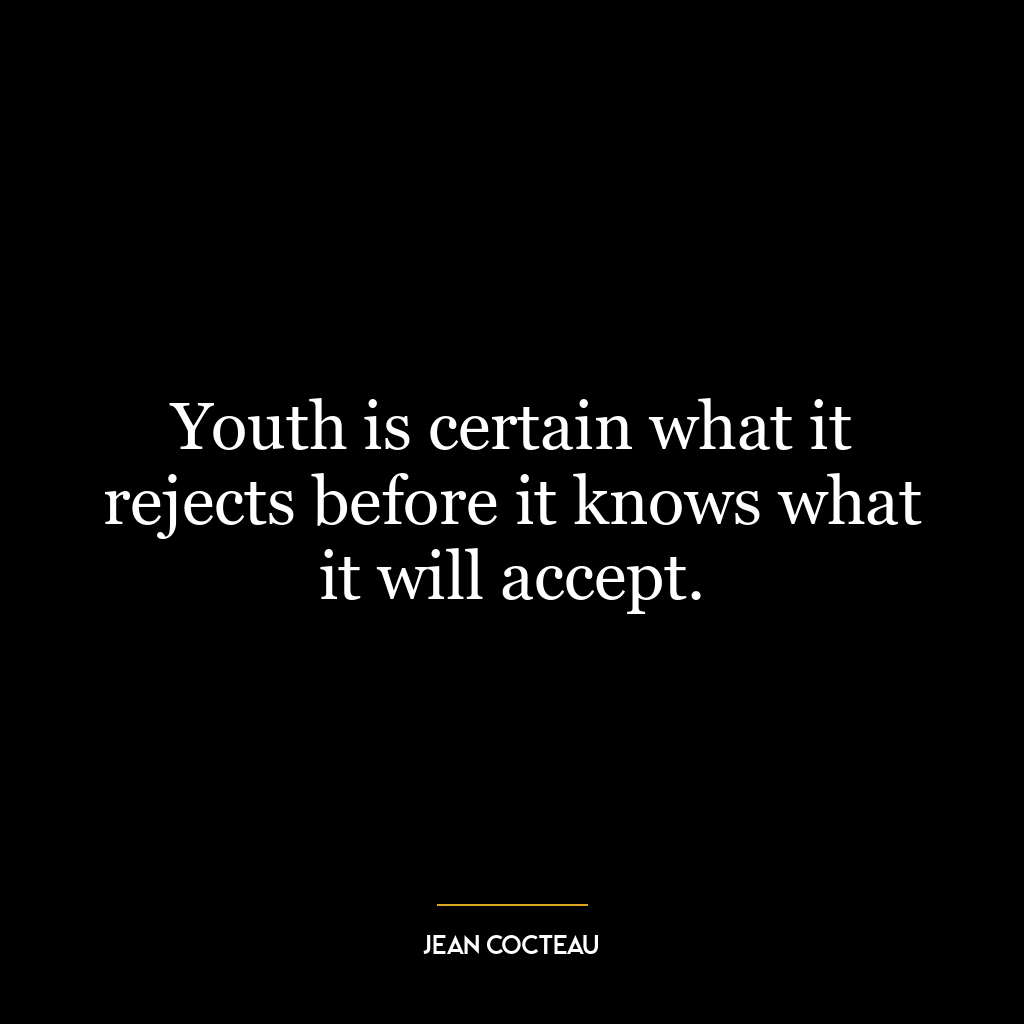Once one’s up against it, the precise manner of one’s death has obviously small importance.
This quote essentially suggests that when one is faced with a dire, life-threatening situation, the specifics of how one might die become less significant. The focus shifts from the nature of death itself to the immediate crisis at hand. It reflects a sense of urgency and the instinctual need for survival that overshadows the fear of death.
This idea can be seen in the context of existentialism, a philosophy that emphasizes individual existence, freedom, and choice. It implies that when confronted with the harsh realities of life, such as imminent death, the smaller details become trivial. What matters is the present moment and the choices one makes in that moment.
Applying this to today’s world, one could argue that this perspective is relevant in times of crisis, such as during a pandemic or a war. For instance, during the COVID-19 pandemic, many people have been forced to confront their mortality. In such circumstances, the focus isn’t on how one might die, but rather on how one can survive and protect their loved ones.
In terms of personal development, this quote could be interpreted as a call to focus on the present moment and the challenges at hand, rather than worrying about uncontrollable future outcomes. It encourages us to prioritize what’s truly important in life and let go of the fear of death. This perspective can help individuals to live more authentically, make more meaningful choices, and ultimately lead a more fulfilling life.

